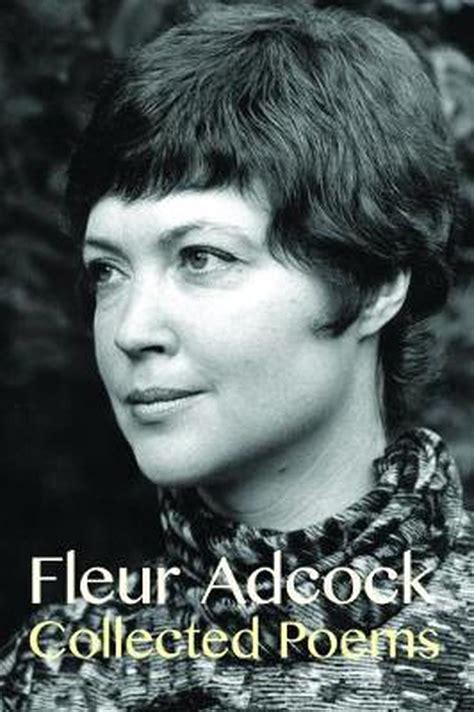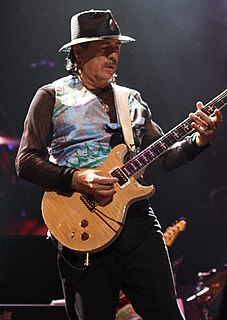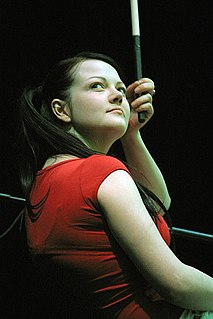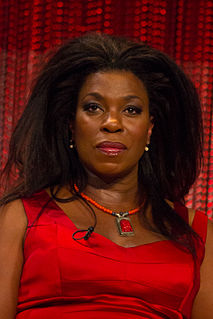A Quote by Eudora Welty
When I read, I hear what's on the page. I don't know whose voice it is, but some voice is reading to me, and when I write my own stories, I hear it, too.
Related Quotes
Ever since I was first read to, then started reading to myself, there has never been a line read that I didn't hear. As my eyes followed the sentence, a voice was saying it silently to me. It isn't my mother's voice, or the voice of any person I can identify, certainly not my own. It is human, but inward, and it is inwardly that I listen to it. It is to me the voice of the story or the poem itself.
But what I would like to say is that the spiritual life is a life in which you gradually learn to listen to a voice that says something else, that says, "You are the beloved and on you my favour rests."... I want you to hear that voice. It is not a very loud voice because it is an intimate voice. It comes from a very deep place. It is soft and gentle. I want you to gradually hear that voice. We both have to hear that voice and to claim for ourselves that that voice speaks the truth, our truth. It tells us who we are.
As for the differences between audio and the printed page, the sonic aspects of poetry are important to me. I read my poems aloud to myself as I'm composing them. And I enjoy reading to an audience. I think people get tone more easily when they hear a writer read her work. Some people have told me they hear more humor in my poems at a live reading than when they see them on the page. I think that may be a matter of pacing. On the other hand, I've listened to a lot of poetry readings and I know how much you can miss. If you stop to really register one line, you miss the next three or so.
You have to listen to your own voice. Not your heart, not your instincts, not any of that self-permissive psycho-babble stuff. No, none of that. If it was just about instincts and bright ideas it wouldn't need to be a voice. It's about words. You hear them, read them, then you write. But mostly read. Read the bloody poems.
My reality is that God speaks to you every day. There's an inner voice, and when you hear it, you get a little tingle in your medulla oblongata at the back of your neck, a little shiver, and at two o'clock in the morning, everything's really quiet and you meditate and you got the candles, you got the incense and you've been chanting, and all of a sudden you hear this voice: Write this down. It is just an inner voice, and you trust it. That voice will never take you to the desert.
My commodity as a writer, whatever I'm writing about, is me. And your commodity is you. Don't alter your voice to fit the subject. Develop one voice that readers will recognize when they hear it on the page, a voice that's enjoyable not only in its musical line but in its avoidance of sounds that would cheapen its tone: breeziness and condescension and clichés.
I've written arrangements for choirs and strings in the past, but I usually write music with my voice or a keyboard and then I'll get someone who is good at writing scores to write it out. Or, if I have the luxury of time, I will go in a room and hear the people perform and then change it through what I hear, not on paper. I can read music OK, but I probably rebelled a little - music changes into something else when you read it.
When the kirtan is harmonious with so many people, it’s a tumultuous beautiful sound. We can’t hear just one voice during the chorus; or rather we do hear one voice. But that one voice is actually the sound of everyone’s voice in harmony. That’s our offering to God. And why is it so pleasing to the Lord? Because we are all cooperating for a higher purpose. We are all united for the pleasure of the center, for the pleasure of Krishna, in spite of all our differences.





































